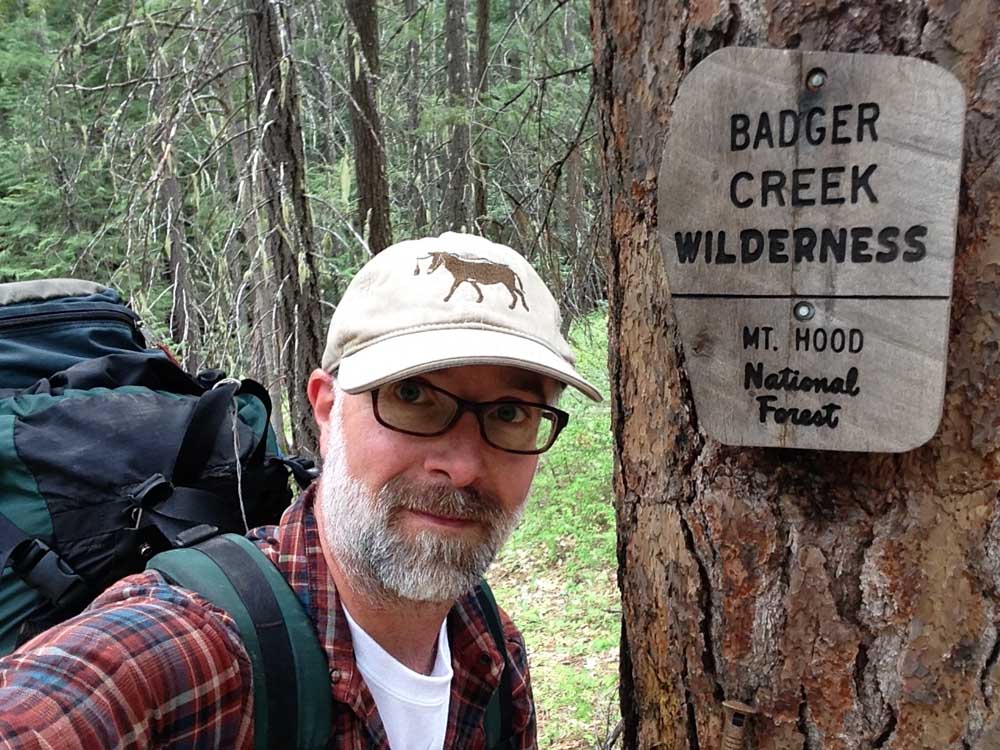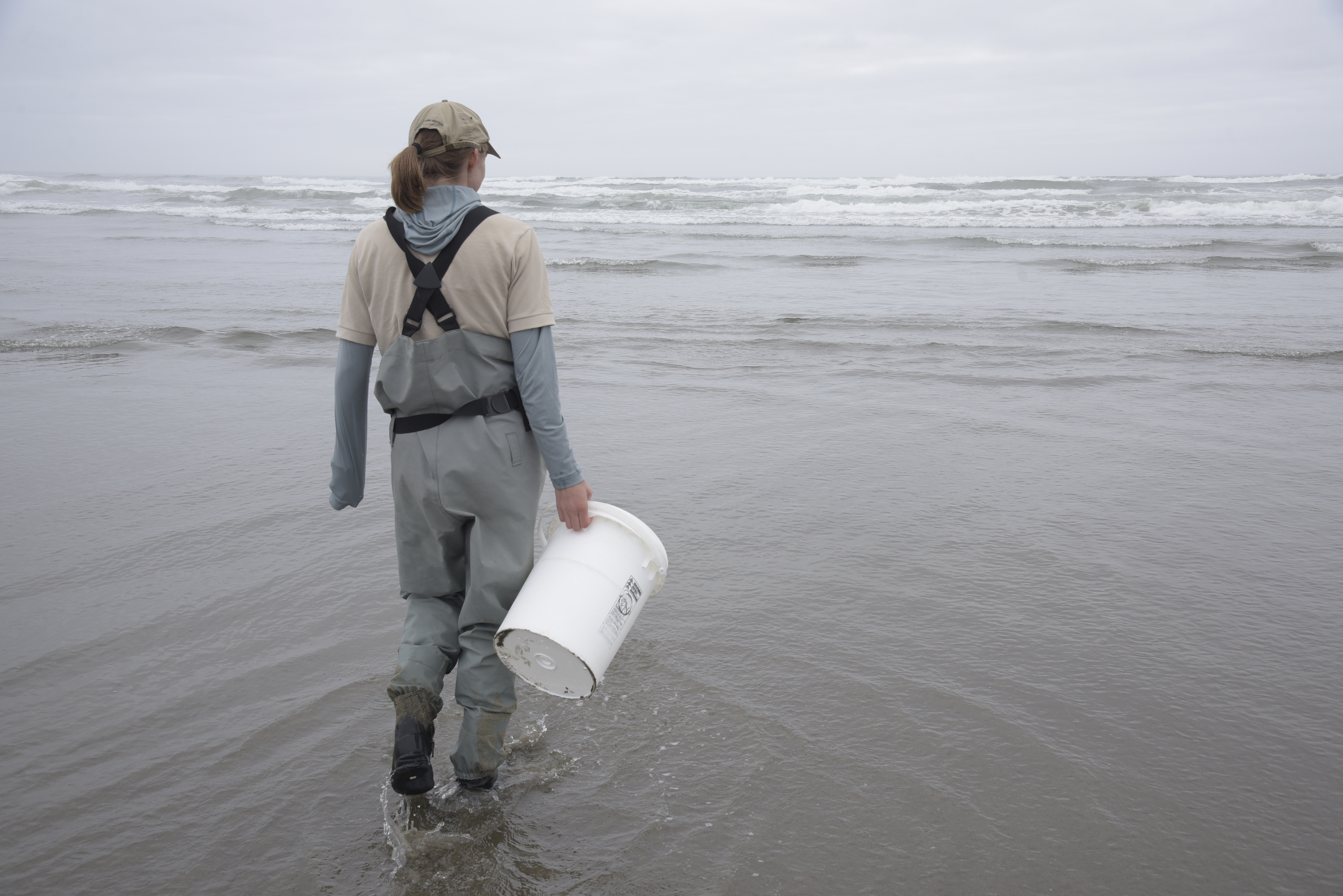Guest Column: Fanning the flames
Published 12:30 am Tuesday, December 22, 2020

- George Sexton
On Dec. 17, The Astorian ran an editorial that invites readers “to come with us on a virtual road trip” which purports to illustrate that the tragic fires that damaged towns throughout Oregon in 2020 could have been prevented by extensive backcountry logging in remote areas of national forests.
Trending
While I appreciate the invitation, I don’t need to take a “virtual road trip” to know firsthand about the impacts of the 2020 fire season on my neighbors and community. This past summer my family took a very real emergency road trip out of Talent while fleeing the Almeda fire as it ripped through the Rogue Valley.
The Almeda fire was started by a human-caused ignition near an urban BMX bike park on the Bear Creek Greenway in Ashland on a red flag day with extreme winds. The fire blew through the greenway blasting dense blackberry patches and streamside cottonwood stands while embers jumped from house to house and structure to structure as homes and businesses were consumed, neighors fled and thousands of lives were upended.
The Almeda fire had nothing whatsoever to do with public lands forest management. It bears repeating: the Almeda fire did not burn a single acre of U.S. Forest Service or Bureau of Land Management forestlands. It was an urban fire along I-5, in a highly manipulated environment, that was started at the wrong place with the flames being fanned by an extreme wind event.
Trending
Yet The Astorian salaciously points to the devastation of the town where I live, Talent, to promote its political agenda of backcountry logging on national forests.
The Astorian and sister papers like the Capital Press are welcome to advocate for federal policies that increase logging and decrease protections for wildlife and watersheds, but exploiting the very real tragedy and suffering here in the Rogue Valley — that had nothing at all to do with federal land management — to promote backcountry logging is mean-spirited and wrong.
So, what about federal forest management and forest fire? The Astorian’s “virtual tour” also makes passing mention of the impacts of the Beachie Creek fire on the communities of Detroit and Gates and the Holliday fire on the towns of Blue River and Vida. The Beachie Creek fire burned thousands of acres on Willamette National Forest.
When I was young, the Willamette National Forest had an unofficial motto of “a billion or bust” referring to the astounding rate of logging in the 1970s and 80s when that single national forest attempted to supply private timber companies with up to a billion board feet of public trees per year.
That patchwork quilt legacy of hundreds of thousands of acres of clearcuts and dense timber plantations is still with us to this day. While the timber industry may resent the shift from clearcutting to forest thinning on the contention that there has ever been any “lack of forest management” on the Willamette National Forest rings false.
Similarly, the facts about the Holliday Farm fire that impacted the communities of Blue River and Vida just don’t support the simplistic “log it all” conclusions touted by The Astorian.
Over 75% of the forestlands impacted by the Holliday Farm fire consisted of previously clearcut private industrial timberlands in which trees are managed as a plantation cash crop.
There are few more heavily logged landscapes in Oregon — or the world for that matter.
Extensive logging didn’t stop the Holliday Farm Fire — indeed, the ubiquitous tree plantations may have contributed to the fire severity.
As an Oregonian directly impacted by the 2020 fire season, unlike The Astorian, I am not looking to cast blame, exploit tragedy or score political points. But I would like to set the record straight. There is a way out of this mess, and it requires more than finger-pointing.
If we really want to come together to protect communities, lives and forests there are three steps that must be taken: First we need to have fire-safe communities in which work is done to “harden” homes and structures in the face of fire; secondly we need to stop logging fire-resilient old growth trees and creating additional timber plantations; and lastly it is way past time to seriously address climate change that is extending and exacerbating fire season.
The Almeda fire is a painful reminder that should the fire season keep lengthening and temperatures keep soaring, when strong winds blow fire toward our communities no amount of backcountry logging is going to make a real difference.









